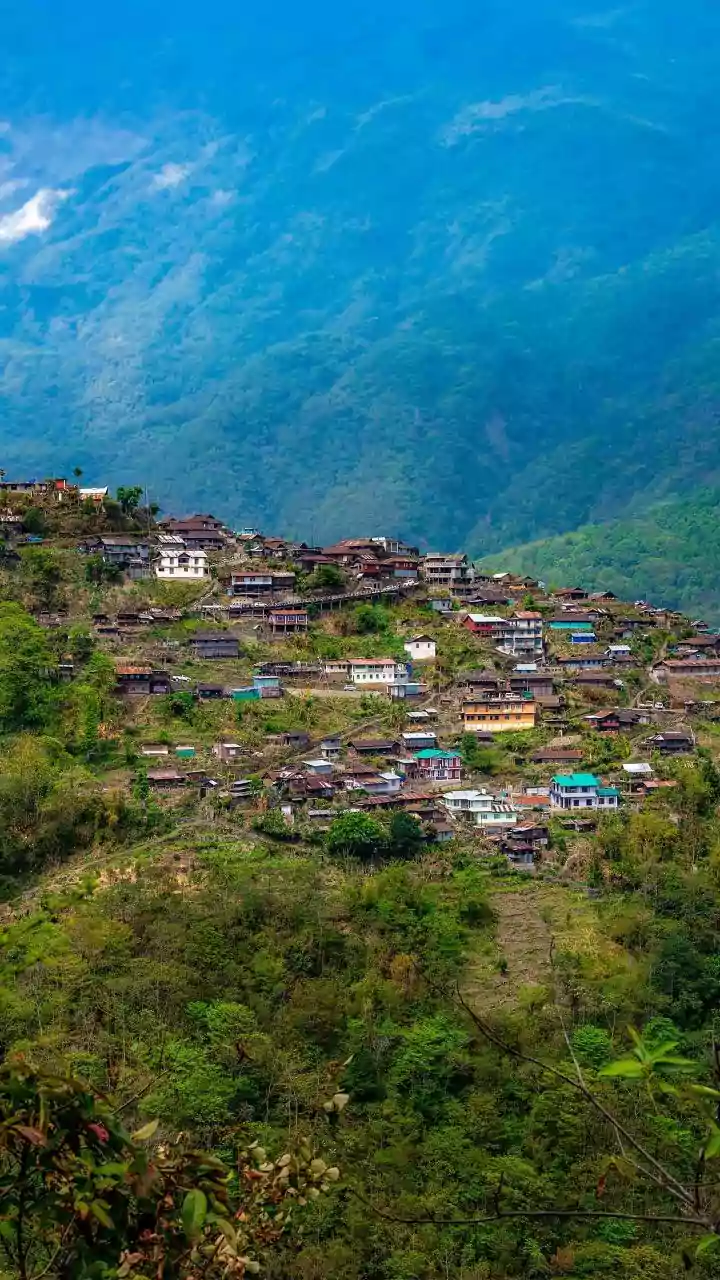Sri Lanka's Nuwara Eliya
Nuwara Eliya, in Sri Lanka, is famous for its tea plantations, with their stunning landscapes that often captivate visitors. The high-altitude climate
provides an ideal environment for tea cultivation, yielding a distinctive flavor profile. Tea cultivation here has a rich history; the region's colonial past is evident in the architecture and the traditions surrounding tea production. Visitors can tour the plantations, observe the tea-making process, and sample various tea grades. The panoramic views, and the experience of seeing how tea is made, make Nuwara Eliya a premier destination for tea enthusiasts. Each step, from plucking to processing, has its own charm, making it a memorable journey into the heart of tea culture. The unique geography of the area, coupled with the dedication of tea workers, makes the region a special place for the art of tea cultivation.
India's Darjeeling Estates
The Darjeeling tea estates in India offer another remarkable tea experience. These gardens, situated in the foothills of the Himalayas, are celebrated for producing tea with a distinct muscatel flavor. The high altitude and the cool, moist climate contribute to the tea’s complex character. Tea production in Darjeeling follows traditional methods, often passed down through generations. The region's history is closely tied to tea; colonial influence and the rise of the tea industry have profoundly shaped the area. Visitors to Darjeeling can explore the vast plantations, witness the meticulous tea-making process, and taste the delicate flavors of the region's renowned teas. The tea plantations are visually stunning, with terraced hillsides filled with green tea bushes. The interaction with local tea workers adds another dimension to the experience, highlighting the culture and the hard work involved in tea production.
Japan's Uji Tea Fields
Uji, in Japan, is renowned for its premium matcha and green tea. The area's tea fields have a long history, dating back to the introduction of tea from China. The unique climate and the careful cultivation techniques employed by local farmers, provide the vibrant green color and the umami taste. Visitors to Uji can tour the tea farms, learn about traditional tea ceremonies, and partake in matcha and green tea tastings. The cultivation process is a blend of art and science, from the careful shading of tea leaves to the precise grinding techniques to create matcha. The region's commitment to quality and its cultural significance make Uji an essential destination for tea aficionados. The serene atmosphere, and the deep traditions, create an immersive experience, offering a glimpse into Japanese tea culture.
China's Longjing Plantations
Longjing, in China, is famous for its Longjing tea, also called Dragon Well tea. These plantations are among the oldest in the world, and the tea’s cultivation has a rich history of tradition. The tea is known for its flat, smooth leaves and its subtle, sweet taste. Longjing's origins are associated with emperors and ancient practices, adding to its mystique. Visitors to the area can explore the tea gardens, learn about the methods used in the preparation of Longjing tea, and sample the tea's delicate flavors. Tea production in Longjing is a complex process, involving meticulous plucking, processing, and roasting techniques. The scenic beauty of the plantations, combined with the exceptional quality of the tea, makes it a must-visit destination for anyone interested in tea. The dedication of the tea makers, and the cultural heritage of the tea, make the tea gardens of Longjing truly special.



















